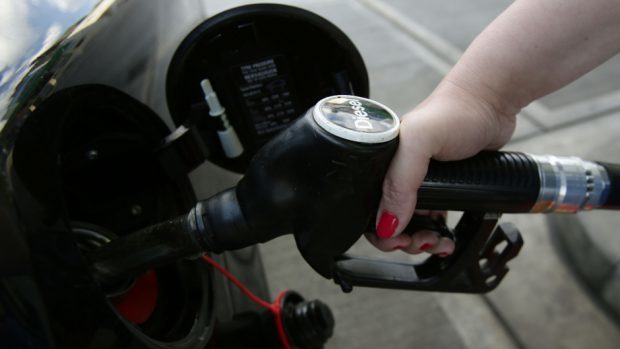Rising fuel and food prices pushed inflation beyond the Bank of England’s 2% target in February to hit its highest level since September 2013.
Yesterday the Office for National Statistics (ONS) said the Consumer Price Index (CPI) measure of inflation rose from 1.8% in January to 2.3% last month.
The move is the first above-target rise since November 2013 and will put pressure on the Bank’s Monetary Policy Committee (MPC) to increase interest rates beyond 0.25% this year.
And last night there was a warning it spelled an end to four years of falling prices in Scotland’s shops.
The rise came as the ONS switched its preferred measure of inflation from CPI to the Consumer Price Index including owner occupiers’ housing costs (CPIH) which includes costs associated with living in, maintaining and owning a house. The CPIH measure also rose from 1.9% in January to 2.3% last month.
ONS deputy national statistician Jonathan Athow said: “Inflation has risen to its highest rate for almost three-and-a-half years with price increases seen across a range of items but with food and fuel having the largest impact.”
The price of food rose by 0.3% between February 2016 and last month after falling on the year for 31 consecutive months amid a supermarket war. Food is becoming more expensive as producers pass on soaring import costs triggered by the pound’s slump since the EU referendum result.
Overall food prices rose 0.8% between January and February, in contrast to a rise of 0.1% a year earlier after bad weather conditions in Southern Europe created a vegetable shortage. The ONS said the price of an iceberg lettuce increase 67.2% between January and February after falling 0.8% a year earlier.
A jump in transport costs saw with motor fuels rising 1.2% month-on-month in February. The price of petrol rose by 1.6p per litre to 120.2p, while a litre of diesel increased by 1.3p to 123.2p.
David Lonsdale, director of the Scottish Retail Consortium, said: “Shop prices have been falling for four years but this is coming to an end, as rising cost pressures feed through into higher prices at tills.
“At the same time moderating wage growth and rising inflation overall are eroding the spending power of Scottish households and this will be reduced further due to higher council taxes from next month and increased statutory pension contributions from next year.”
The Retail Prices Index, a separate measure of inflation which includes council tax and mortgage interest payments for to 3.2% in February from 2.6% in January.
